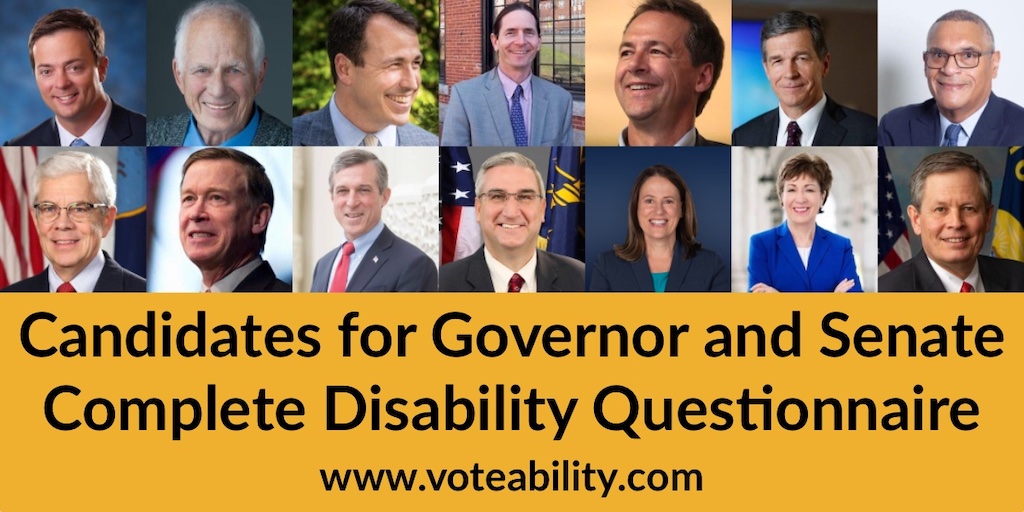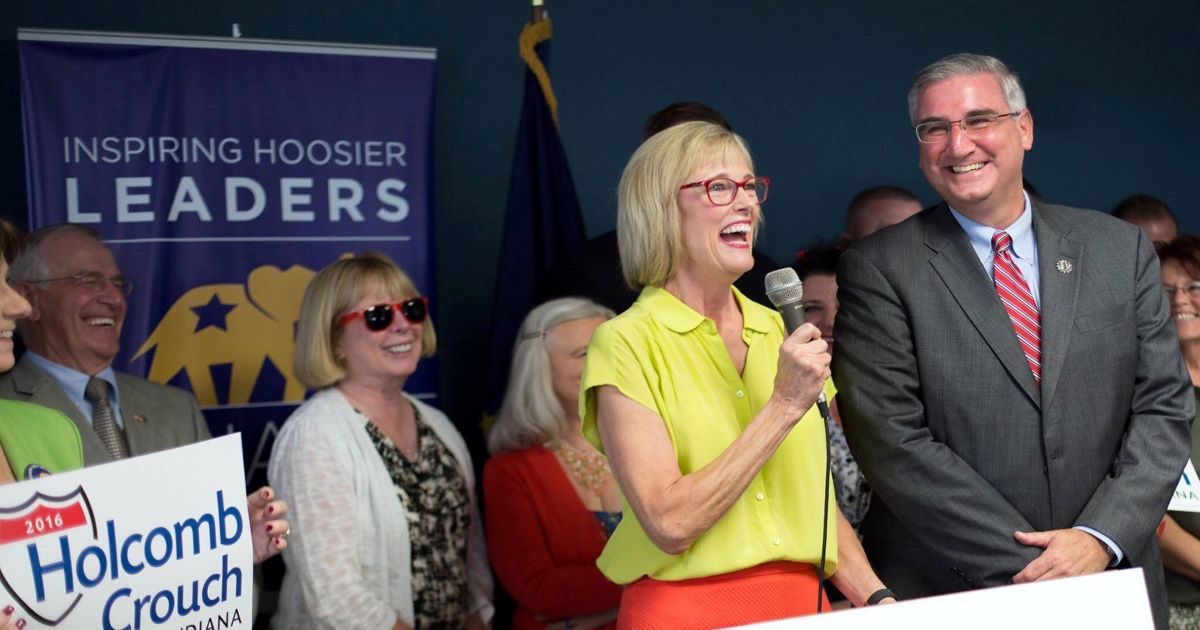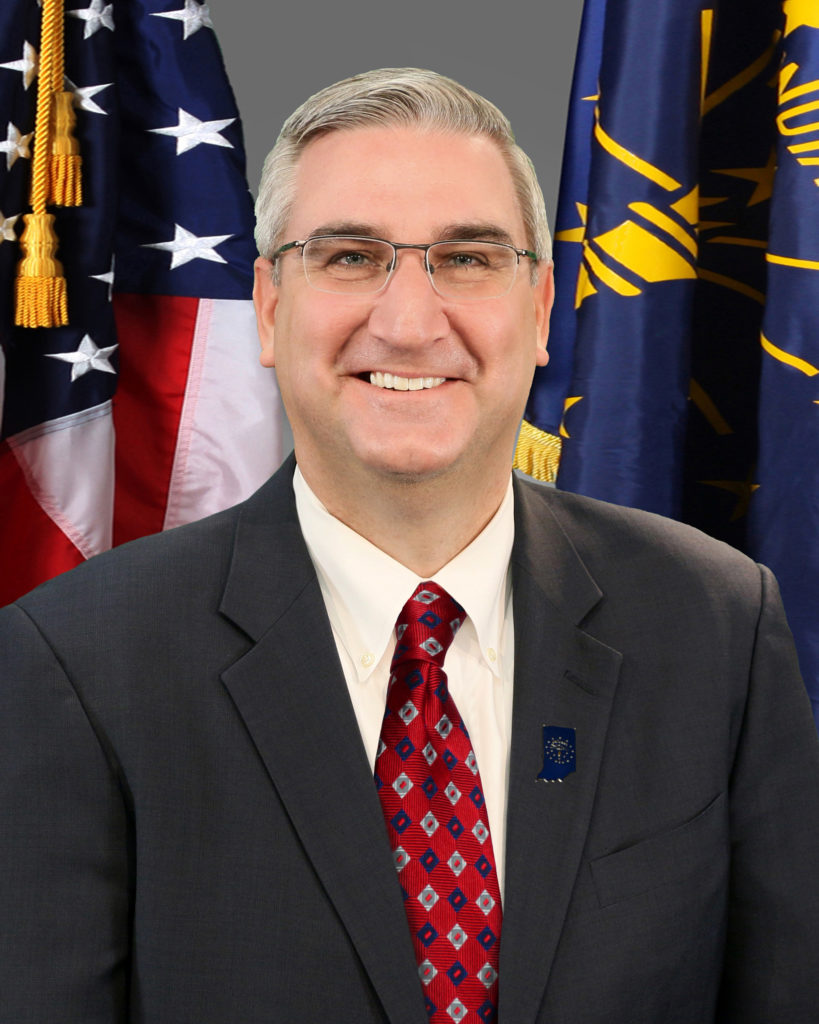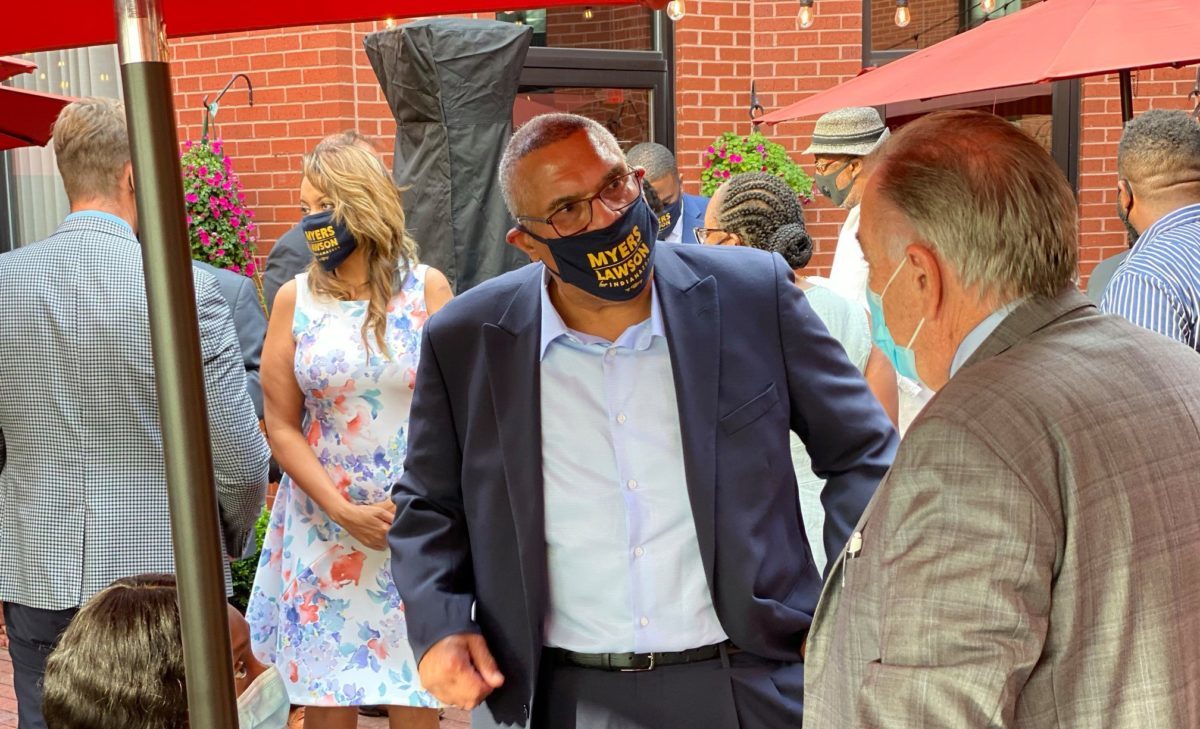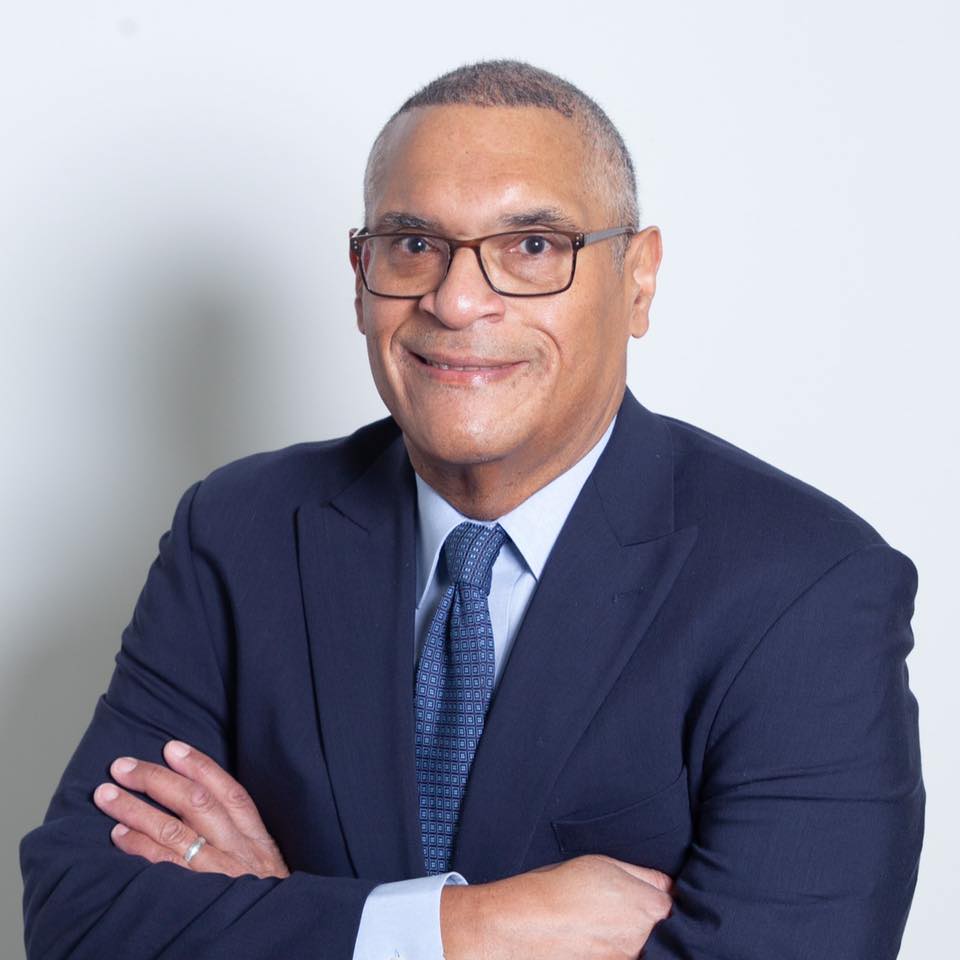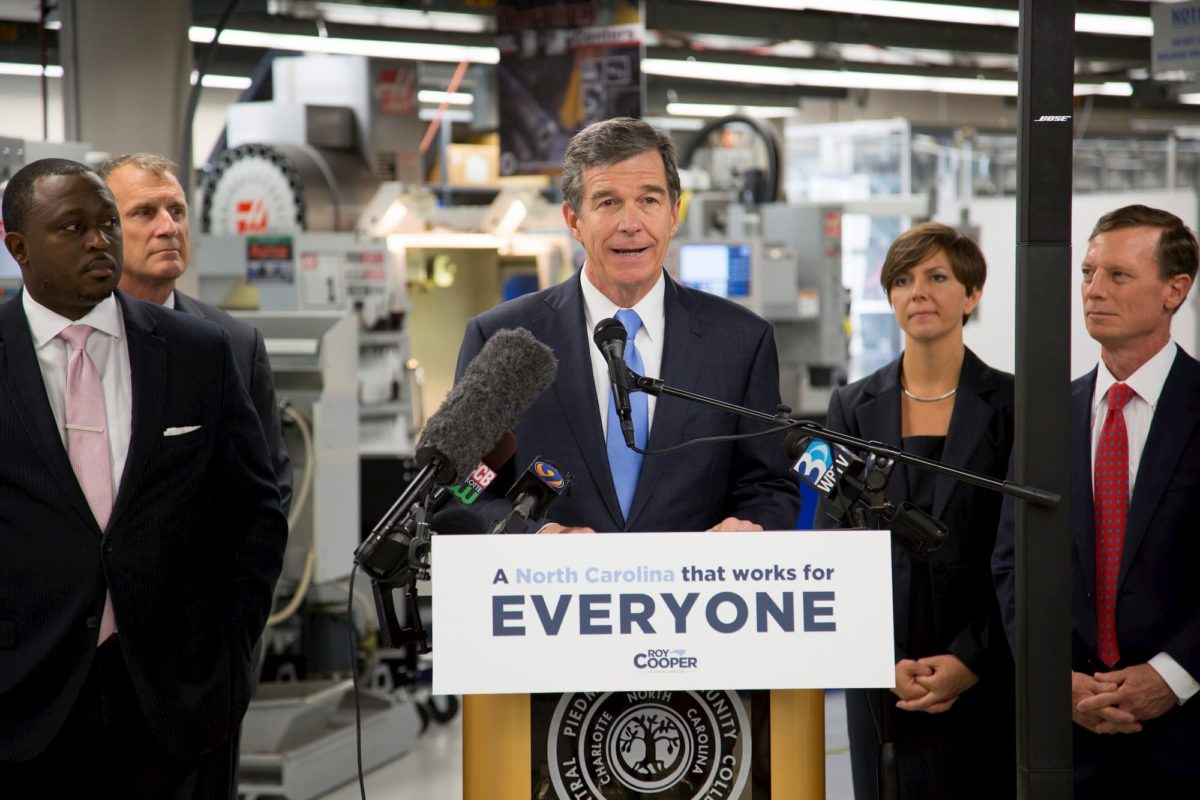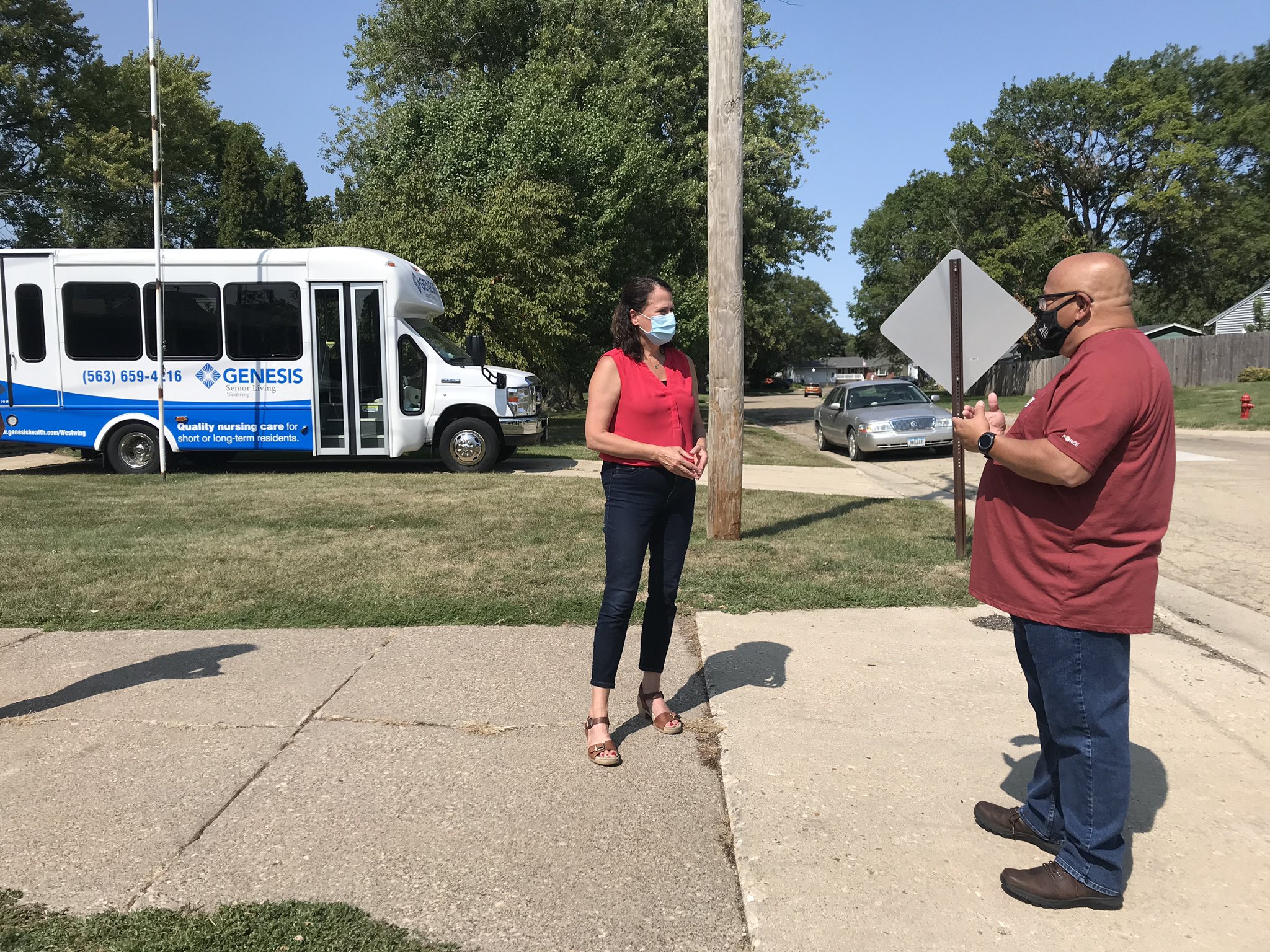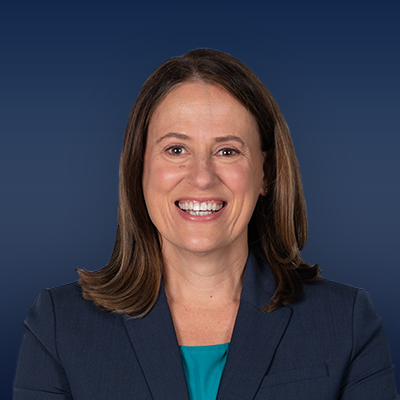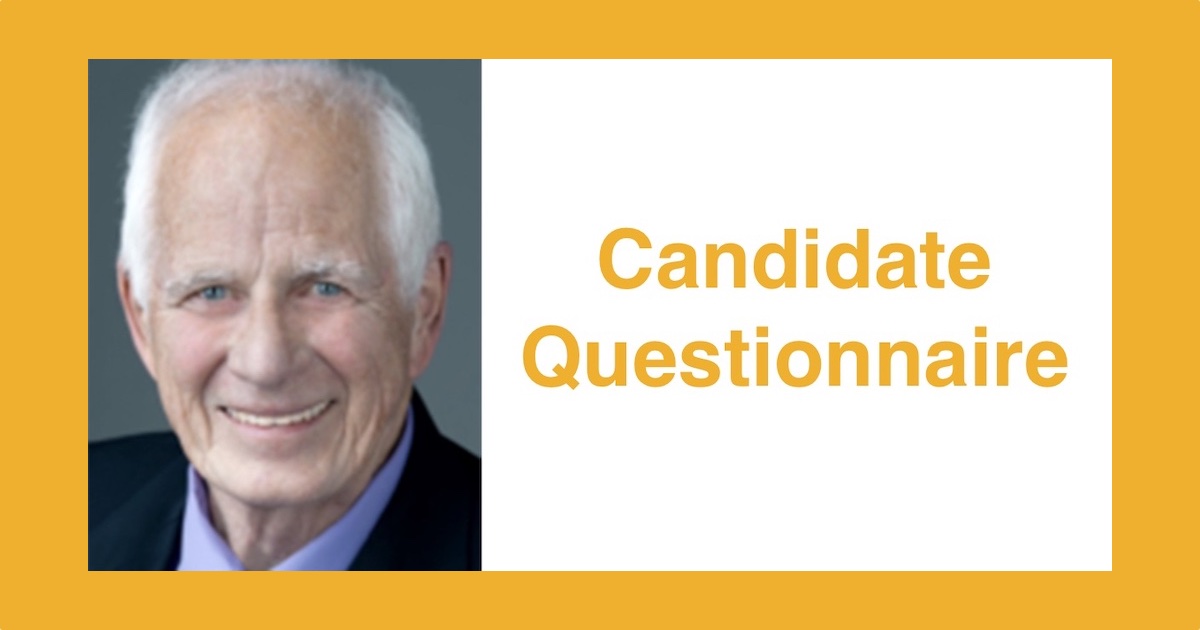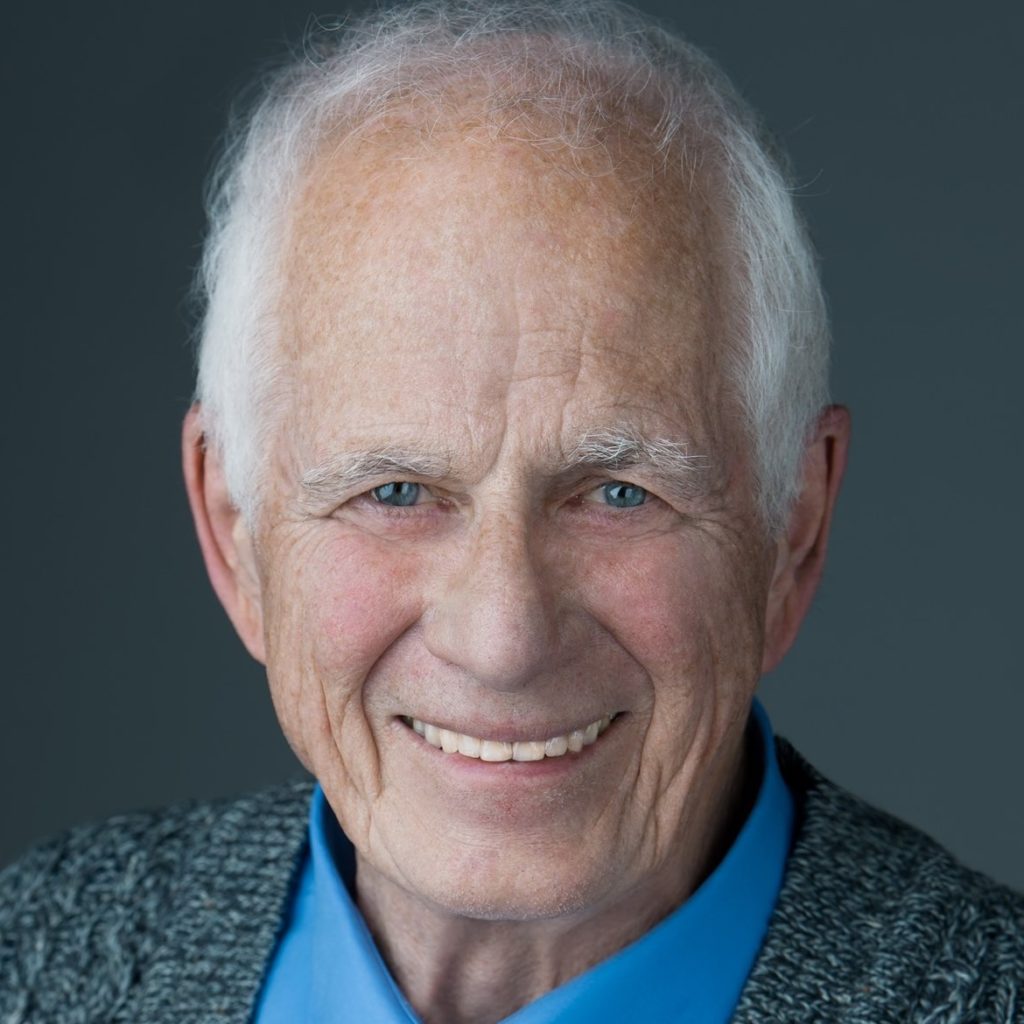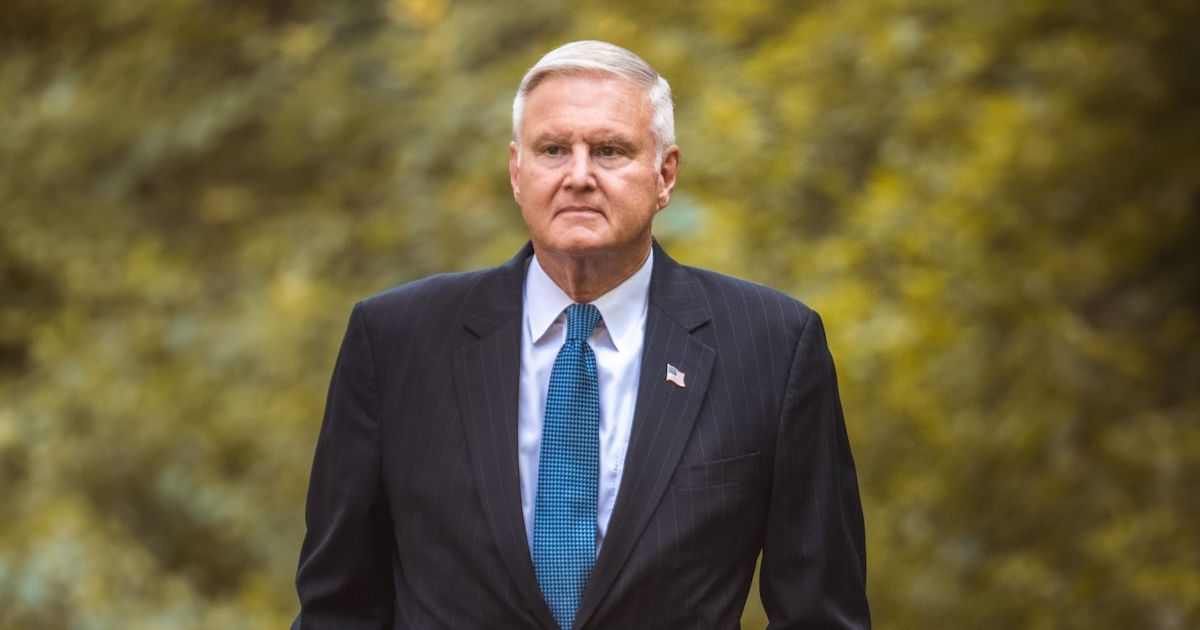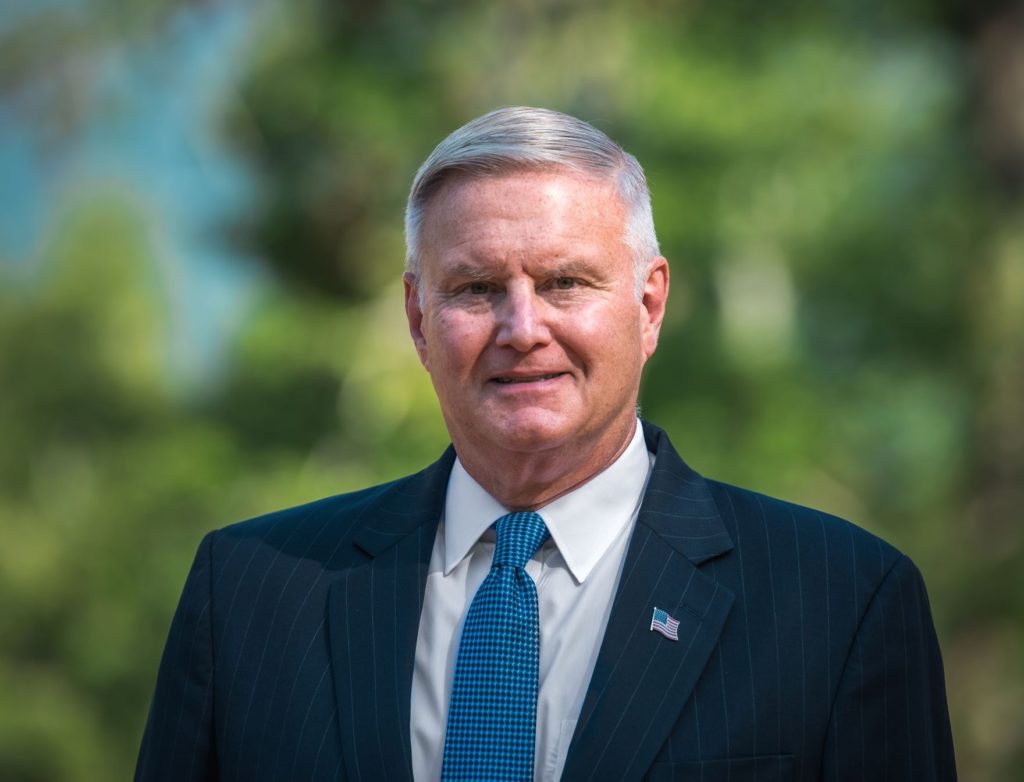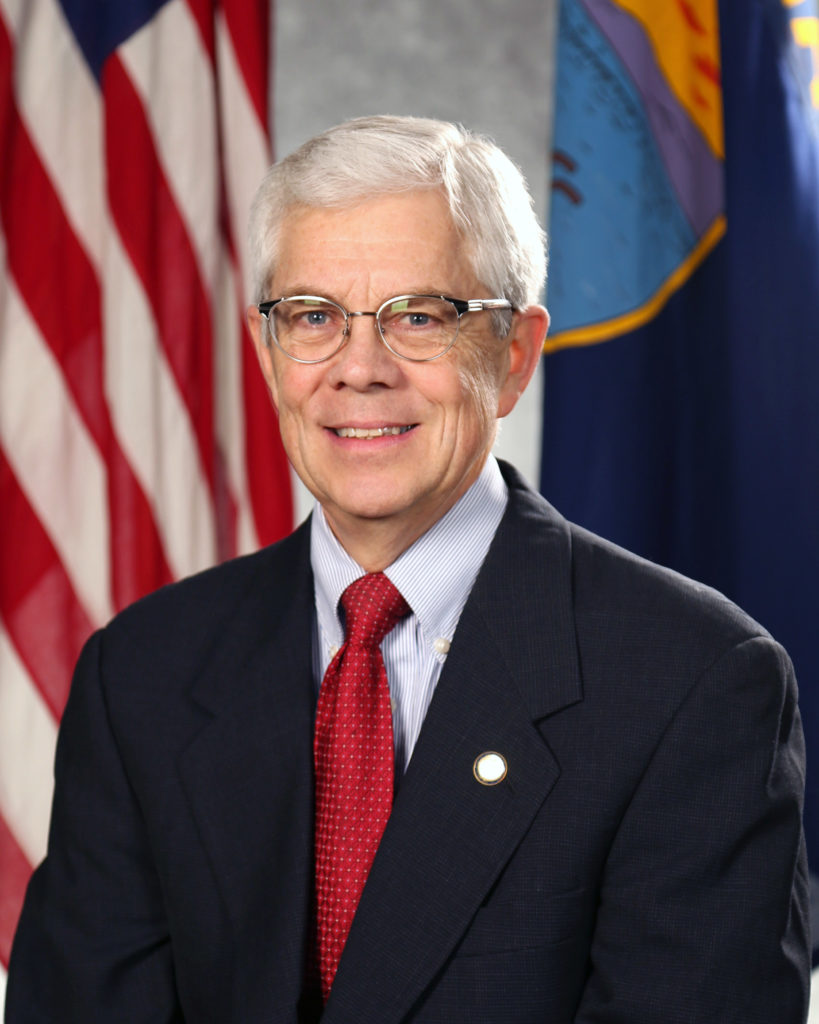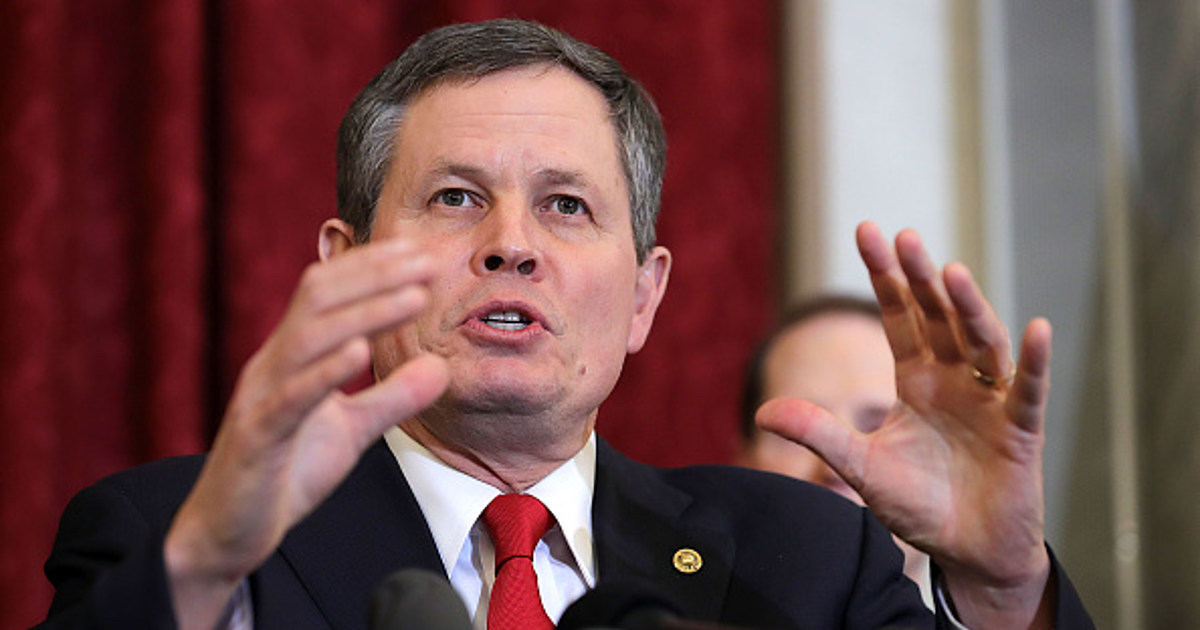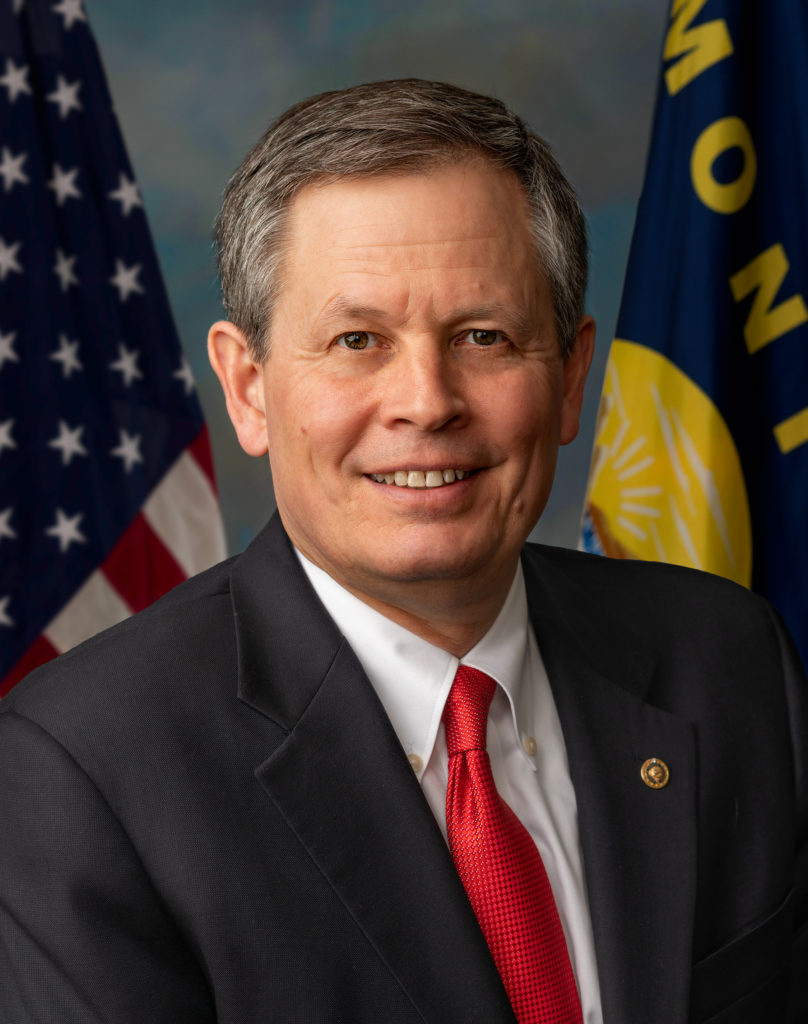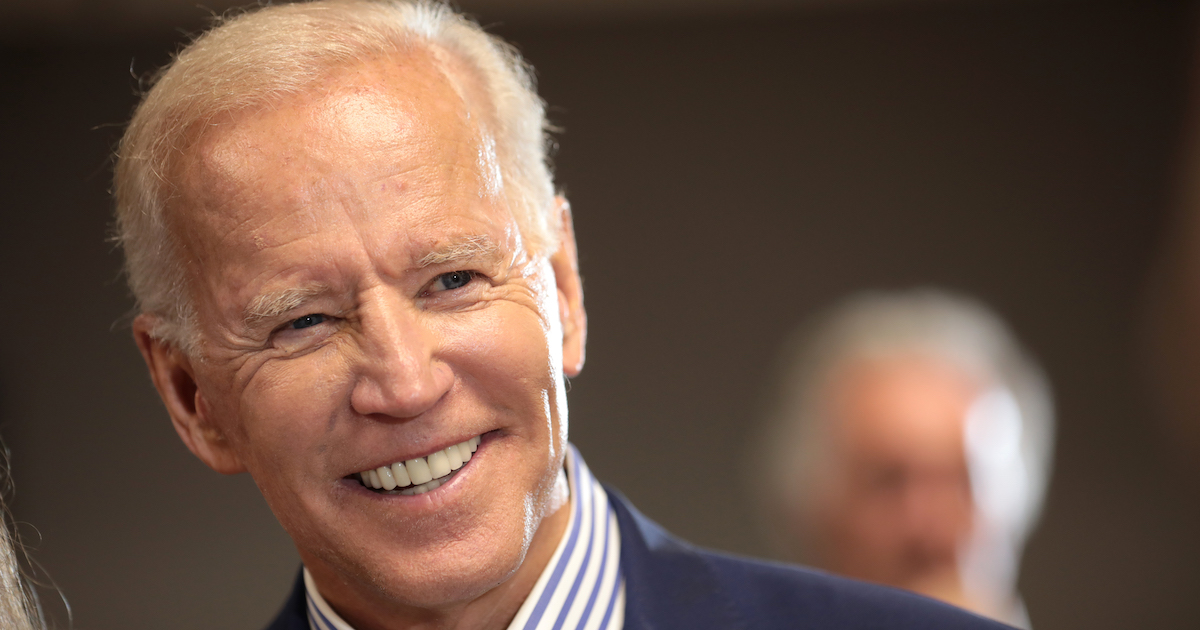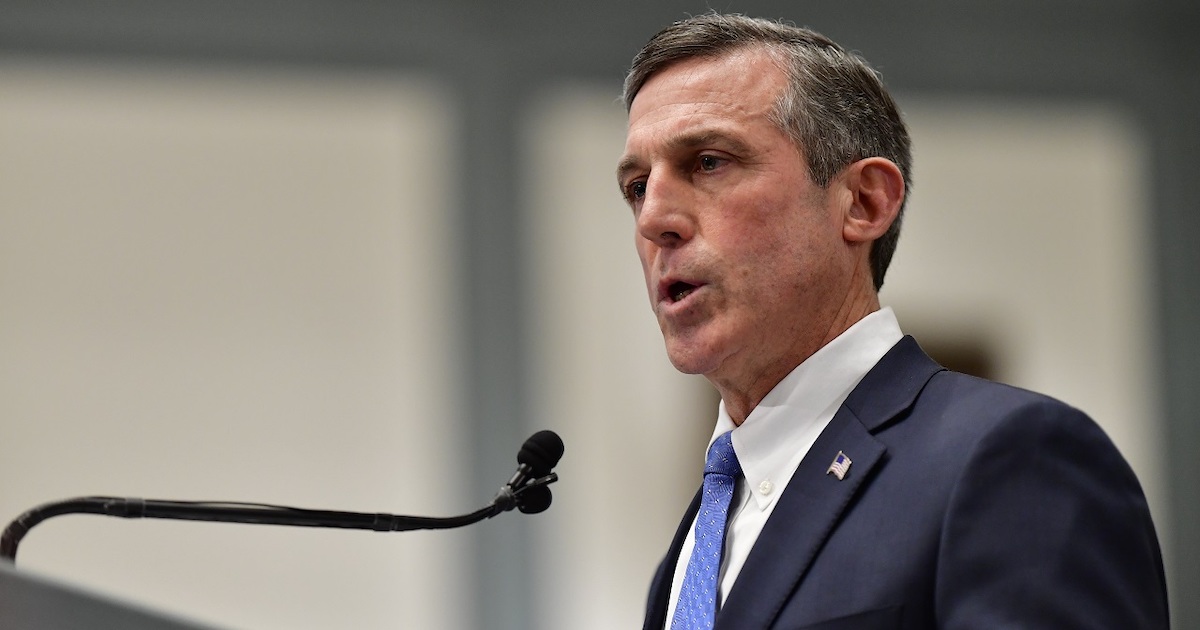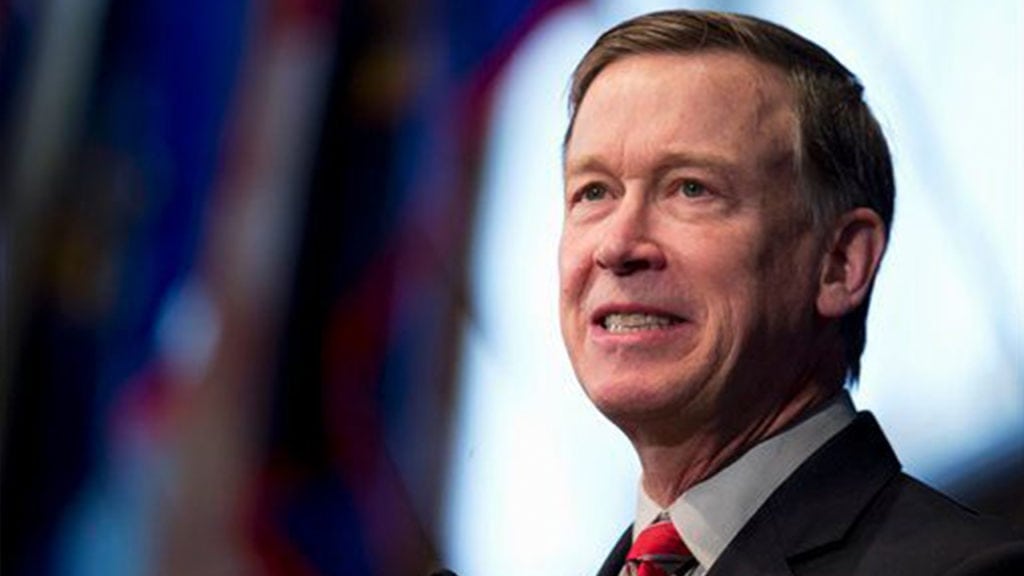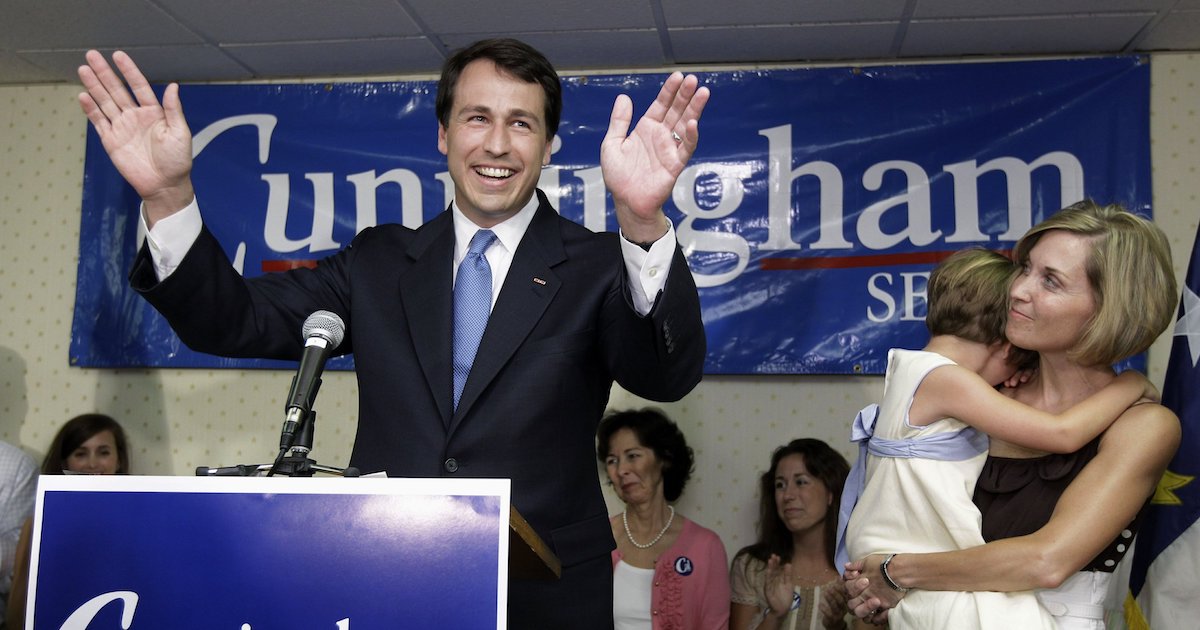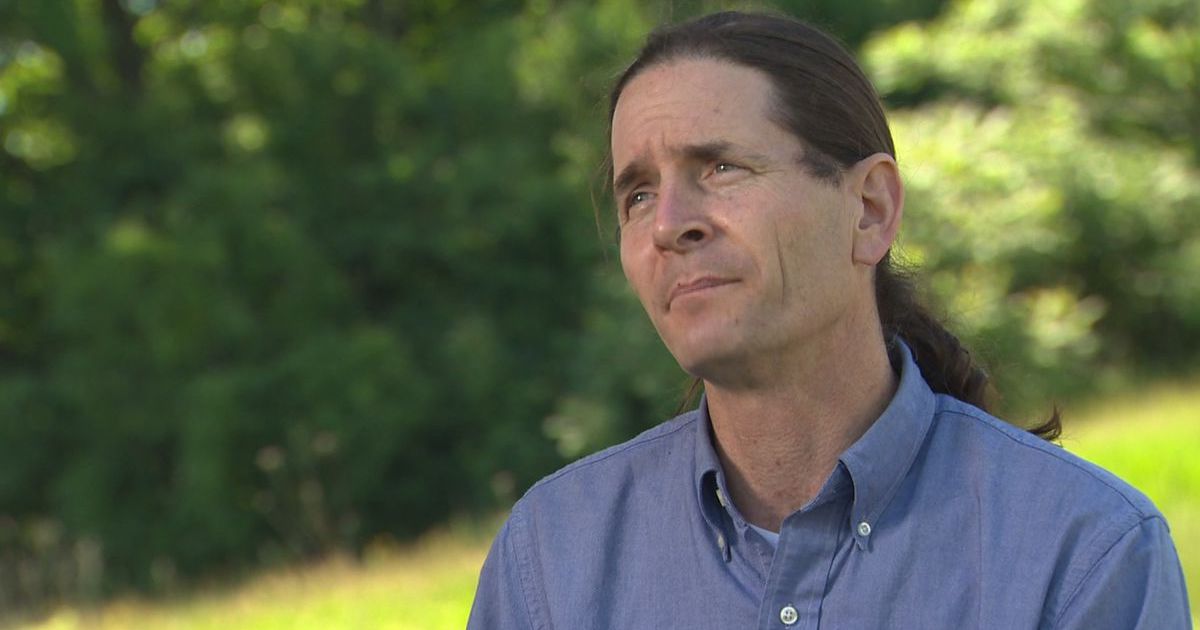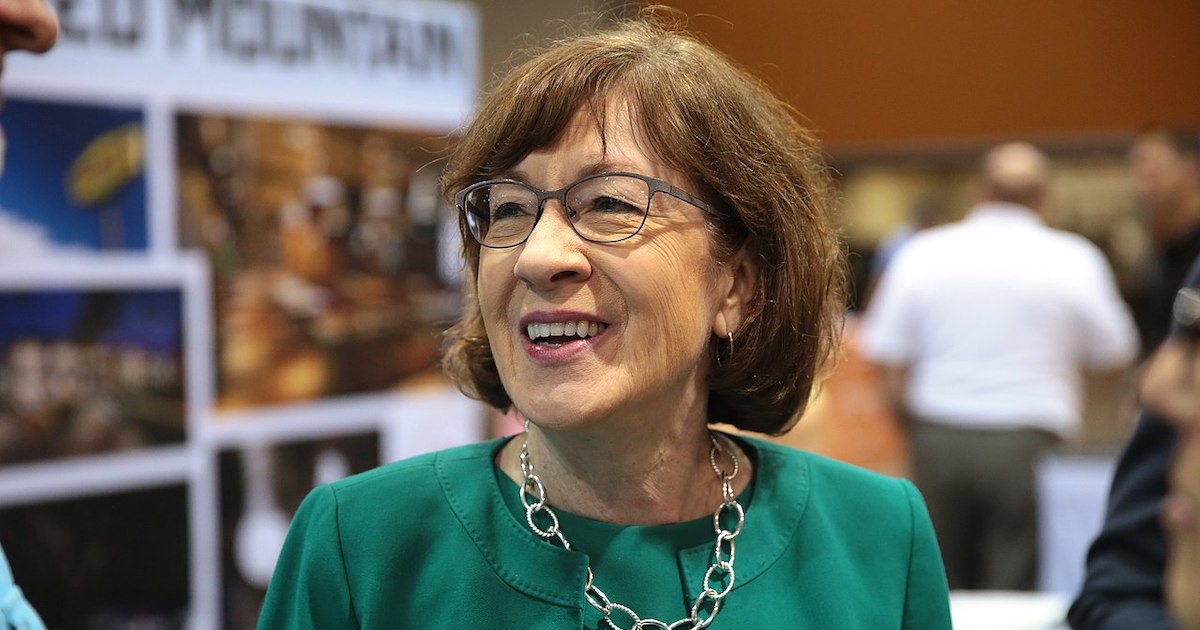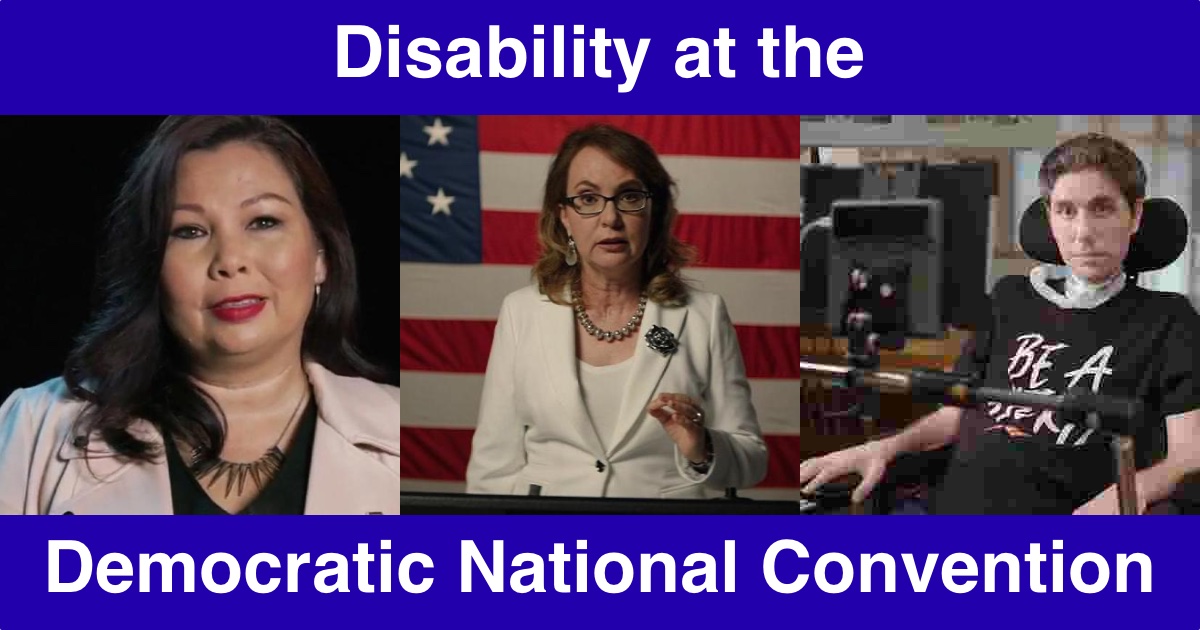Washington, D.C., Sept. 14 – With 50 days left until Election Day and with many voters deciding to vote early, candidates across the political spectrum are reaching out to a previously ignored block of voters: people with disabilities.
Polling conducted earlier this year showed that more than half of the electorate in the battleground (59 percent) self-identifies as having a disability (16 percent), having a family member with a disability (32 percent) or having a close friend with a disability (11 percent).
According to Rutgers University, 14.3 million citizens with disabilities voted in 2018. Those voters will be crucial as both Democrats and Republicans vie for votes this year. In response to this opportunity, campaigns and candidates across the country are going on the record about their policies and plans to help Americans with disabilities. Those plans are being documented online by RespectAbility, a national nonprofit organization fighting stigmas and advancing opportunities so people with disabilities can fully participate in all aspects of community.
RespectAbility is a non-partisan group and have been thorough in reaching out to Democratic and Republican candidates equally. The team at RespectAbility is still actively soliciting responses to their questionnaire from campaigns that have not yet done so.
RespectAbility has been actively engaging with campaigns to both educate them about disability issues and to get campaigns to complete RespectAbility’s 2020 Disability Voter Questionnaire. You can find full, detailed converge online at https://therespectabilityreport.org.
